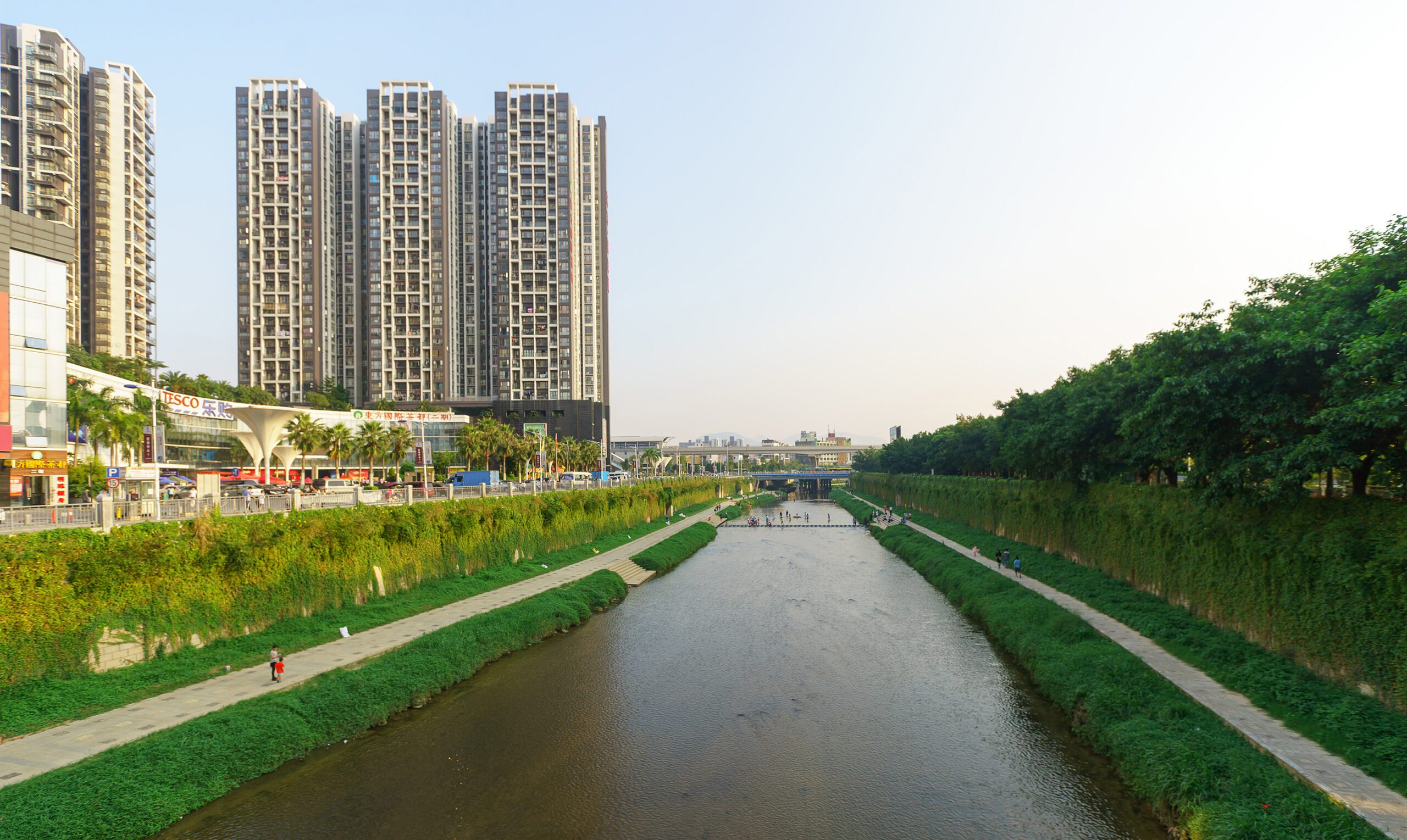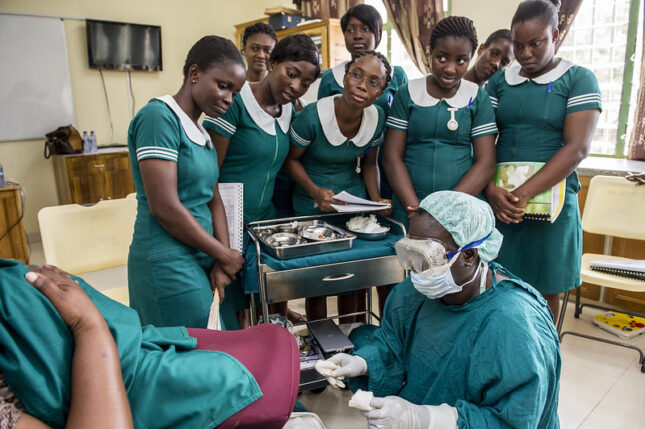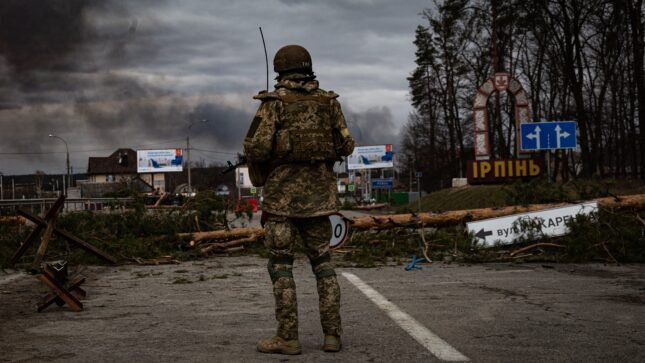-
ECSP Weekly Watch | January 20 — 24
›
A window into what we’re reading at the Wilson Center’s Environmental Change and Security Program
Placing Water at the Heart of Climate Action (Relief Web/Netherlands Red Cross)
It may be true that water is life. But equally true is that roughly 90% of natural disasters—and the havoc they wreak—are water-related. A recognition that these disasters are intensifying in a warming world has led the Netherlands Red Cross to create Water at the Heart of Climate Action (WHCA): a program to tackle the intertwined crises of water-related disasters and climate change.
-
Decoding China’s Response to Environmental Justice Movement in Shenzhen
›China Environment Forum // Guest Contributor // Vulnerable Deltas // January 23, 2025 // By Zhao Zhong & Kuoray MaoThe Wutongshan River flows through the east suburbs of Shenzhen and the basin is an important ecological zone for Shenzhen, which is often referred to as the “lungs of Shenzhen.” Rich in plant and animal resources, this area is the city’s natural museum and a genetic reservoir for flora and fauna. The river importantly provides 70% of Hong Kong’s and 40% of Shenzhen’s water.
-
A Proposal for SDG 18: Integrating Indigenous Knowledge
›
Fifty-three years have passed since the 1972 United Nations Stockholm Conference on the Human Environment that led to the establishment of the United Nations Environment Program (UNEP). Yet a recent UN report describes the global efforts to meet the Sustainable Development Goals (SDGs) created to articulate aims and track progress over the past decade as “alarmingly insufficient.”
-
Conflict in Sudan: Widespread Sexual Violence
›
This article originally appeared on Enheduanna, a blog of the Wilson Center’s Middle East Women’s Initiative.
Only a few years ago, the world celebrated the women-led revolution in Sudan that ousted the former dictator Omer El-Basher after 30 years in power. Women were fed up with his government. Those who used to live in the urban areas experienced the humiliating public order laws: they were arrested and flogged for wearing trousers or walking around with no headscarves.
-
ECSP Weekly Watch | January 13 – 17
›
A window into what we’re reading at the Wilson Center’s Environmental Change and Security Program
The Success of Community-based Conservation in Africa (Yale 360)
Across Africa, herders once seen as threats to wildlife have now become vital conservationists. In a transformative shift from “fortress conservation” to community stewardship, they are protecting iconic species like elephants and lions as they coexist with their livestock.
-
2024 Dot-Mom Guest Contributor Highlights
›
The Dot-Mom column of the Environmental Change and Security Program’s New Security Beat blog serves as a platform for diverse perspectives and insights from global experts in maternal and global health, gender equality, and peace and security. In 2024, the Dot-Mom column, hosted by the Wilson Center’s Maternal Health Initiative, was marked by an incredible number of guest contributor articles.
-
When Going in Circles is a Virtue: “The Circular Economy”
›
As an economic model that emphasizes the continual use of resources by rethinking waste and product design and promoting a shared economy mindset, the “circular economy” (CE) now resonates across a wide range of stakeholders—including key players in the private sector, major environmental groups, individual countries, multilaterals, and donors. Yet progress in adopting CE among developing nations has been slow and uneven.
-
Classic Geopolitics and Today’s Nexus of Conflict and Climate
›
In recent weeks, users of the social network Bluesky were able to watch a compelling video featuring Jessica Newberry Le Vey—a Climate Change and Health Policy Fellow at Imperial College’s Climate Cares Centre. The video begins with Le Vey’s direct-to-camera assertion that the climate crisis is a health crisis affecting people around the world. Then Le Vey’s image disappears—yet we hear her (or someone who sounds eerily like her) speak over a compendium of combat footage that includes video of ATACAM missiles being fired and larger strategic missiles on the move. Climate is important, declares the speaker, but there are more serious problems that threaten our security.
 A Publication of the Stimson Center.
A Publication of the Stimson Center.









